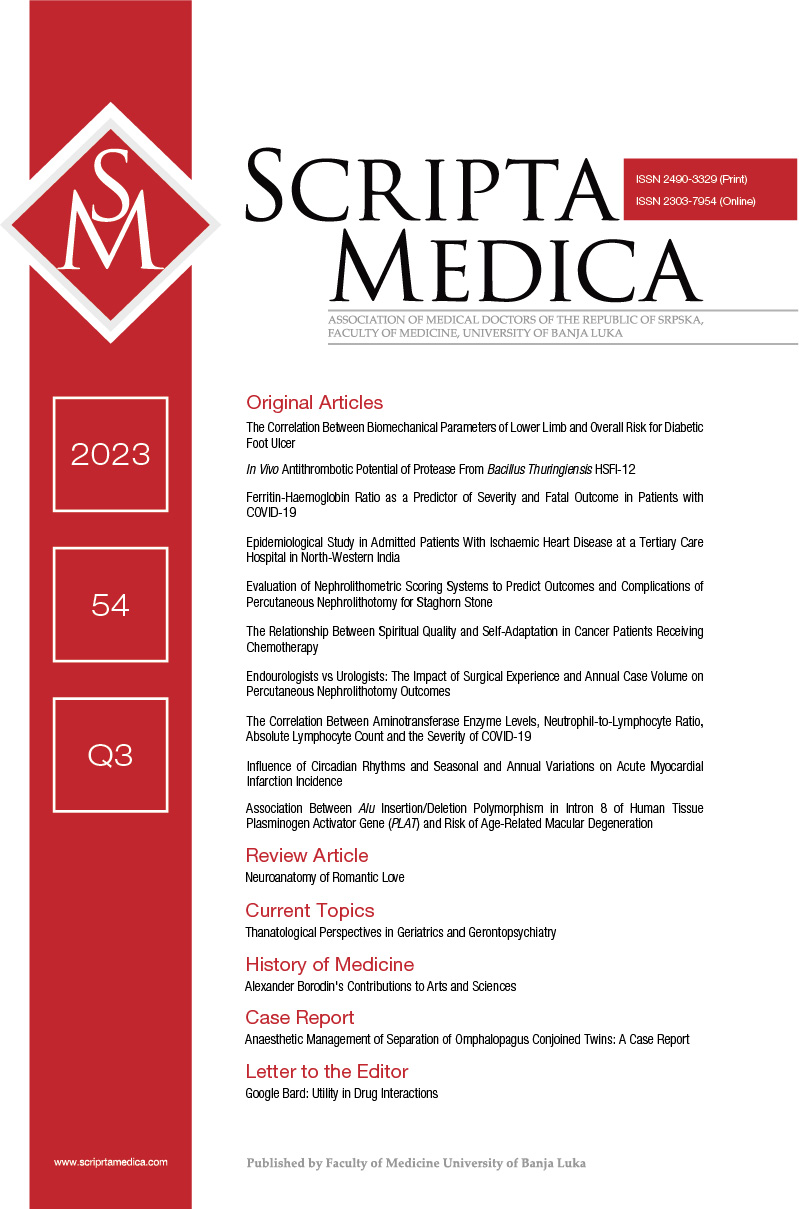Google Bard: Utility in Drug Interactions
Abstract
Emergency medicine is a busy department with a huge flow of patients with multiple complaints. The department caters to a large cohort of patients simultaneously as well as administers many drugs. This can lead to potential drug interactions. With the advent of artificial intelligence (AI) and language learning model (LLM) we can use these AI enabled programs to help us be cautious yet judicious in our drug delivery and also be a careful vigilante to prevent drug interactions in these patients.
References
1. Patel SB, Lam K. ChatGPT: the future of discharge summaries? Lancet Digit Health 2023 Mar;5(3):e107-e108.
2. Transformer GGP, Thunström AO, Steingrimsson S. Can GPT-3 write an academic paper on itself, with minimal human input? 2022 [Internet]. [Cited: 20-Jul-2023]. Available from: https://hal.science/hal-03701250#:~:text=We%20find%20that%20GPT%2D3,about%20itself%20outweigh%20the%20risks.>
3. Kung TH, Cheatham M, Medenilla A, Sillos C, De Leon L, Elepaño C, et al. Performance of ChatGPT on USMLE: Potential for AI-assisted medical education using large language models. PLOS Digit Health 2023 Feb 9;2(2):e0000198. doi: 10.1371/journal.pdig.0000198.
4. Lin SY, Mahoney MR, Sinsky CA. Ten ways artificial intelligence will transform primary care. J Gen Intern Med 2019;34:1626–30.
5. Davenport T, Kalakota R. The potential for artificial intelligence in healthcare. Future Healthc J 2019 Jun;6(2):94-98.
- Authors retain copyright and grant the journal right of first publication with the work simultaneously licensed under a Creative Commons Attribution License that allows others to share the work with an acknowledgement of the work's authorship and initial publication in this journal.
- Authors are able to enter into separate, additional contractual arrangements for the non-exclusive distribution of the journal's published version of the work (e.g., post it to an institutional repository or publish it in a book), with an acknowledgement of its initial publication in this journal.
- Authors are permitted and encouraged to post their work online (e.g., in institutional repositories or on their website) prior to and during the submission process, as it can lead to productive exchanges, as well as earlier and greater citation of published work (See The Effect of Open Access).

